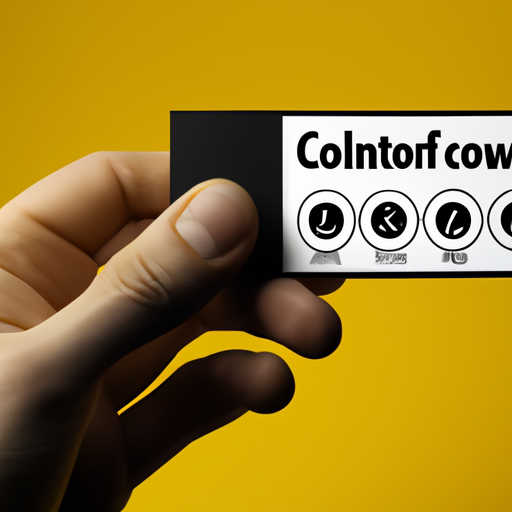
Title: Understanding Power Controllers: A Comprehensive Guide

I. What is a Power Controller? (200 words) A power controller is an electronic device that regulates and controls the flow of electrical power to various loads. It ensures that the power supplied matches the load requirements, preventing damage to the load and optimizing energy consumption. Power controllers are commonly used in residential, commercial, and industrial settings to manage power distribution effectively.
II. Working Principles of Power Controllers (300 words) Power controllers operate based on different principles, depending on the type and application. The most common working principles include:
1. On/Off Control: This basic control method involves turning the power supply on or off to the load. It is suitable for simple applications where precise control is not required.
2. Phase Control: Phase control power controllers regulate power by adjusting the conduction angle of the AC waveform. By varying the time during which the power is supplied, the average power delivered to the load can be controlled.
3. Burst Fire Control: Burst fire control is commonly used in resistive heating applications. It involves supplying power to the load in short bursts, allowing for precise control of the average power delivered.
4. Pulse Width Modulation (PWM): PWM power controllers regulate power by rapidly switching the power supply on and off. By varying the duty cycle (the ratio of on-time to off-time), the average power delivered to the load can be adjusted.
III. Types of Power Controllers (400 words) Power controllers come in various types, each designed for specific applications. Some common types include:
1. Solid-State Relays (SSRs): SSRs are electronic switches that use semiconductor devices to control power. They offer fast switching, high reliability, and noise-free operation, making them suitable for a wide range of applications.
2. Thyristor Power Controllers: Thyristor-based power controllers, such as silicon-controlled rectifiers (SCRs), are widely used in industrial applications. They provide precise control over power by adjusting the conduction angle of the AC waveform.
3. Triac Power Controllers: Triacs are bidirectional devices that can control power in both halves of the AC waveform. They are commonly used in residential and commercial applications, such as lighting control and motor speed regulation.
4. Digital Power Controllers: Digital power controllers utilize microprocessors and advanced algorithms to provide precise and flexible control over power. They offer features like programmability, communication interfaces, and advanced monitoring capabilities.
IV. Applications of Power Controllers (300 words) Power controllers find applications in various industries and sectors. Some notable applications include:
1. Heating and Temperature Control: Power controllers are extensively used in heating applications, such as ovens, furnaces, and industrial heaters. They ensure precise temperature control and prevent overheating.
2. Motor Control: Power controllers play a vital role in motor speed control, allowing for smooth acceleration, deceleration, and precise speed regulation. They are commonly used in industrial machinery, robotics, and HVAC systems.
3. Lighting Control: Power controllers, especially triacs, are widely used in lighting systems to regulate brightness and control dimming. They enable energy-efficient lighting solutions and enhance user comfort.
4. Power Supplies: Power controllers are essential components in power supply units, ensuring stable and regulated output voltages. They protect sensitive electronic devices from voltage fluctuations and provide efficient power conversion.
Conclusion (100 words) Power controllers are indispensable devices that enable efficient power management and control in various applications. By understanding their working principles, types, and applications, we can appreciate their significance in optimizing energy consumption, protecting loads, and enhancing overall system performance. As technology advances, power controllers continue to evolve, offering more advanced features and capabilities to meet the ever-growing demands of modern power management.